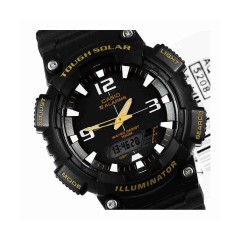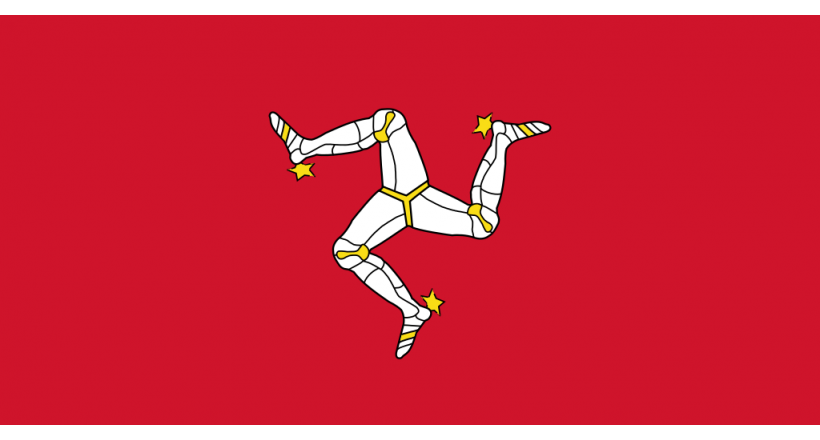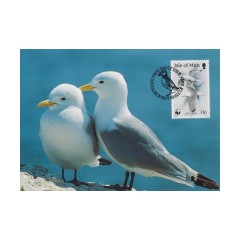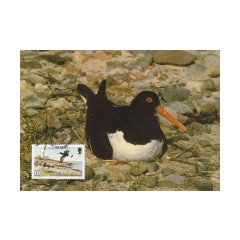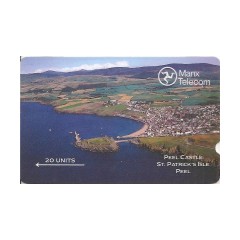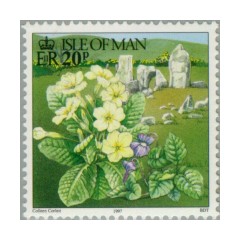The Isle of Man (Manx: Mannin [ˈmanɪnʲ], also Manx: Ellan Vannin [ˈɛlʲan ˈvanɪnʲ]), sometimes referred to simply as Mann /mæn/, is a self-governing British Crown dependency in the Irish Sea between Great Britain and Ireland. The head of state, Queen Elizabeth II, holds the title of Lord of Mann and is represented by a lieutenant governor. Defence is the responsibility of the United Kingdom.
Humans have lived on the island since before 6500 BC. Gaelic cultural influence began in the 5th century AD, and the Manx language, a branch of the Gaelic languages, emerged. In 627 Edwin of Northumbria conquered the Isle of Man along with most of Mercia. In the 9th century, Norsemen established the Kingdom of the Isles, which included the Isle of Man. Magnus III, King of Norway from 1093 to 1103, reigned also as King of Mann and the Isles between 1099 and 1103.
In 1266 the island became part of Scotland under the Treaty of Perth, after being ruled by Norway. After a period of alternating rule by the kings of Scotland and England, the island came under the feudal lordship of the English Crown in 1399. The lordship revested into the British Crown in 1765, but the island never became part of the 18th century kingdom of Great Britain or its successors (the United Kingdom of Great Britain and Ireland and the present-day United Kingdom). It retained its internal self-government.
In 1881 the Isle of Man parliament, Tynwald, became the first national legislative body in the world to give women the right to vote in a general election, although this excluded married women.In 2016 UNESCO awarded the Isle of Man biosphere reserve status.
Insurance and online gambling each generate 17% of GNP, followed by information and communications technology and banking with 9% each Internationally, the Isle of Man is known for the Isle of Man TT motorcycle races

